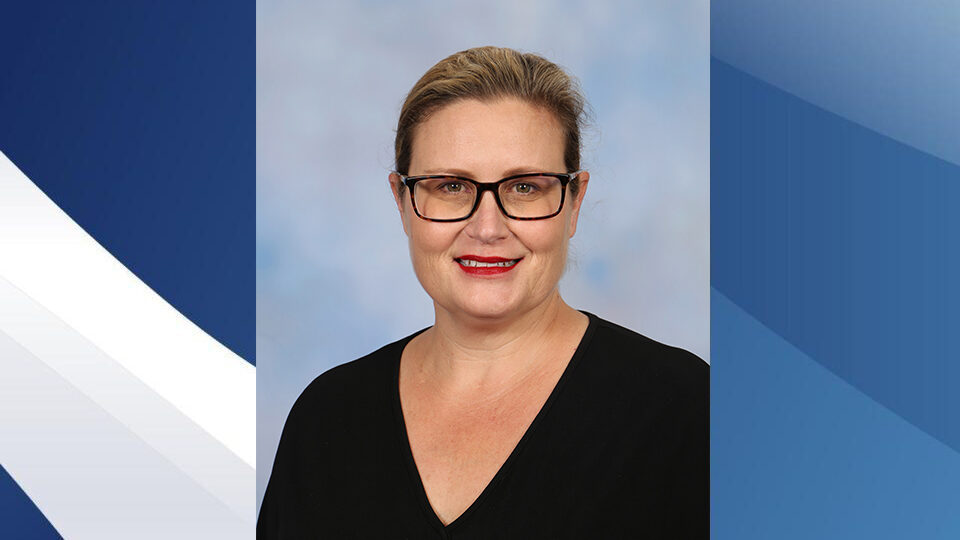
From the Leader of Wellbeing
VAPING
What are the challenges?
-
Vapes are appealing to young people as they come in a variety of flavours and colourful packaging.
-
Vapes also come in many shapes and sizes and can be made to look like everyday items including highlighters, pens or USB memory sticks. In a school environment or at home, they can be hard to detect and identify.
-
There are many misconceptions around vaping, including that it’s just ‘water vapour’ or that they are ‘safe’ but this is not true. There are numerous physical and mental health risks associated with vaping, including lung disease, or the nicotine in many vapes causing long-lasting damaging effects on young people’s brain development.
What are the dangers?
-
The biggest misunderstanding about vapes is that they are harmless compared to cigarettes. This is not true. Vapes are not safe.
-
Many vapes that are labelled as nicotine-free, contain nicotine.
-
More facts:
-
Many vapes contain nicotine making them addictive.
-
The nicotine in one vape can equal 50 cigarettes.
-
Teens who vape are 3 times more likely to take up smoking.
-
Vaping has been linked to serious lung disease.
-
E-liquids can contain many harmful chemicals. They are just not listed on the pack.
-
School rules
Vaping and smoking cigarettes are treated in the same way in Sydney Catholic Schools.
Smoking (including vaping) on school premises, including school buildings, gardens, sports fields and car parks, is prohibited. This includes students, employees, visitors and other people who use school premises, including community groups.
To vape without a prescription in NSW is illegal
What are we doing at MSCW
-
Educational Posters in key areas around the College
-
Education during curriculum lessons where it aligns with the syllabus
-
Education of students during Community Time
-
Educating staff
-
Educating Parents through the College Newsletter and also COMPASS newsfeed when there are opportunities external to the College for additional support, such as webinars
-
Increased supervision of Toilet areas
-
Recording the name of students who leave the classroom in COMPASS that is visible to parents, teachers and students
Resources for Parents to Explore about Vaping
Vaping – Frequently asked questions – Tobacco and smoking
E-cigarettes – Tobacco and smoking
Information for parents and carers – Tobacco and smoking
Resources to assist you in Supporting your child
Effective communication and teenagers
Negative Peer Pressure & How to Deal with it | Kids Helpline

Helping your daughter navigate social media – Butterfly Foundation
BODY IMAGE Tips FOR PARENTS
Here are some tips on ways you can be a good body image role model for your child:
-
Reflect on your own positive relationship with your body
-
Avoid talking about diets.
-
Talk to your daughter about the way they feel about the way they look.
-
Help your daughter stay body confident when using social media.
Here are some warning signs to keep an eye on in your daughter:
-
Withdrawal from social events and activities that they used to enjoy
-
A focus on diets, calories, health and particular foods. They might talk about wanting to be healthier or fitter and become obsessive about checking the nutritional content of what they are eating.
-
They might become irritable or anxious around dinner time. They may refuse to eat certain foods or whole food groups.
-
Complaints about the way they look, e.g. “I’m ugly” or “I’m fat”, or negative comments about their abilities, e.g. “I’m hopeless”
-
Frequent self scrutiny – such as weighing themselves or excessively looking at their reflection.
-
Change in clothing style such as wearing baggy or oversized clothing

 If you notice any of these signs in your child it is important to seek help as early as possible.
If you notice any of these signs in your child it is important to seek help as early as possible.
Contact your daughter’s Tutor and/or Butterfly can offer support.
Call the National Helpline on 1800 ED HOPE (1800 33 4673) or email at support@butterfly.org.au
Eating disorders in children and young people – Better Health Channel
